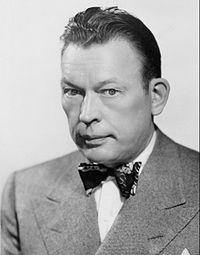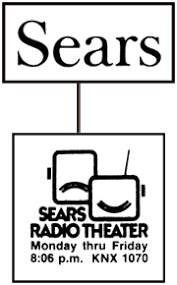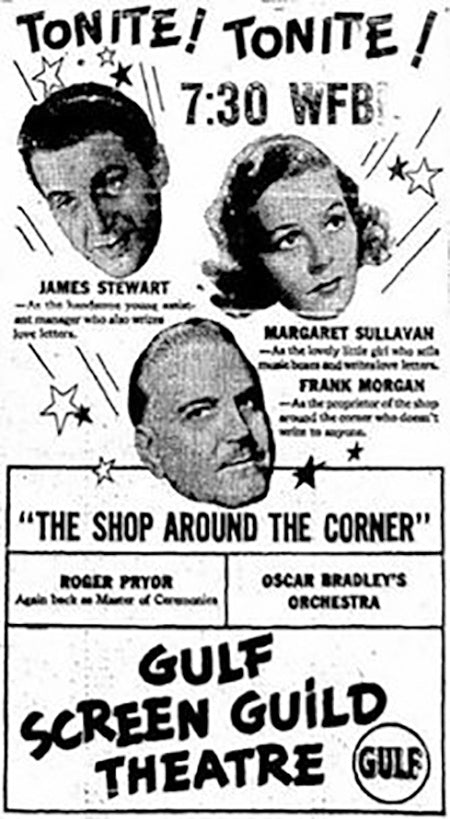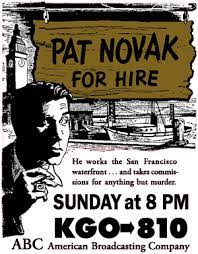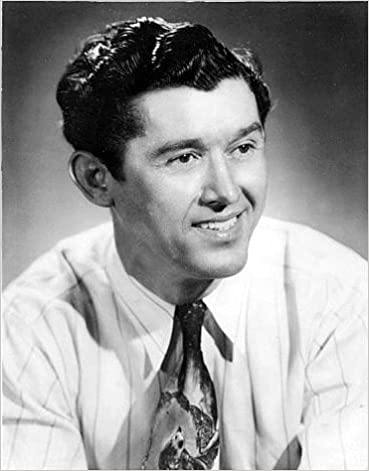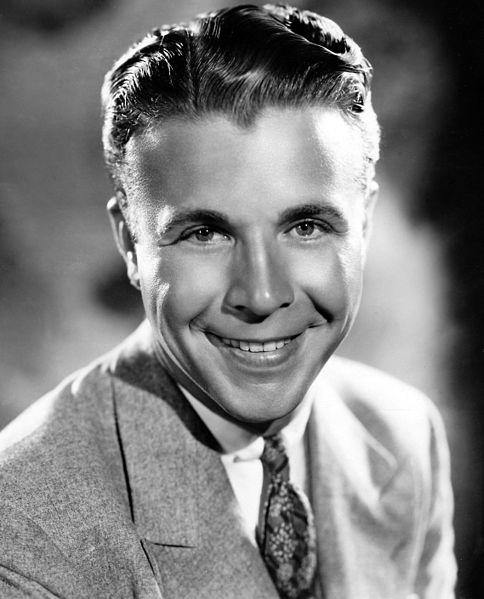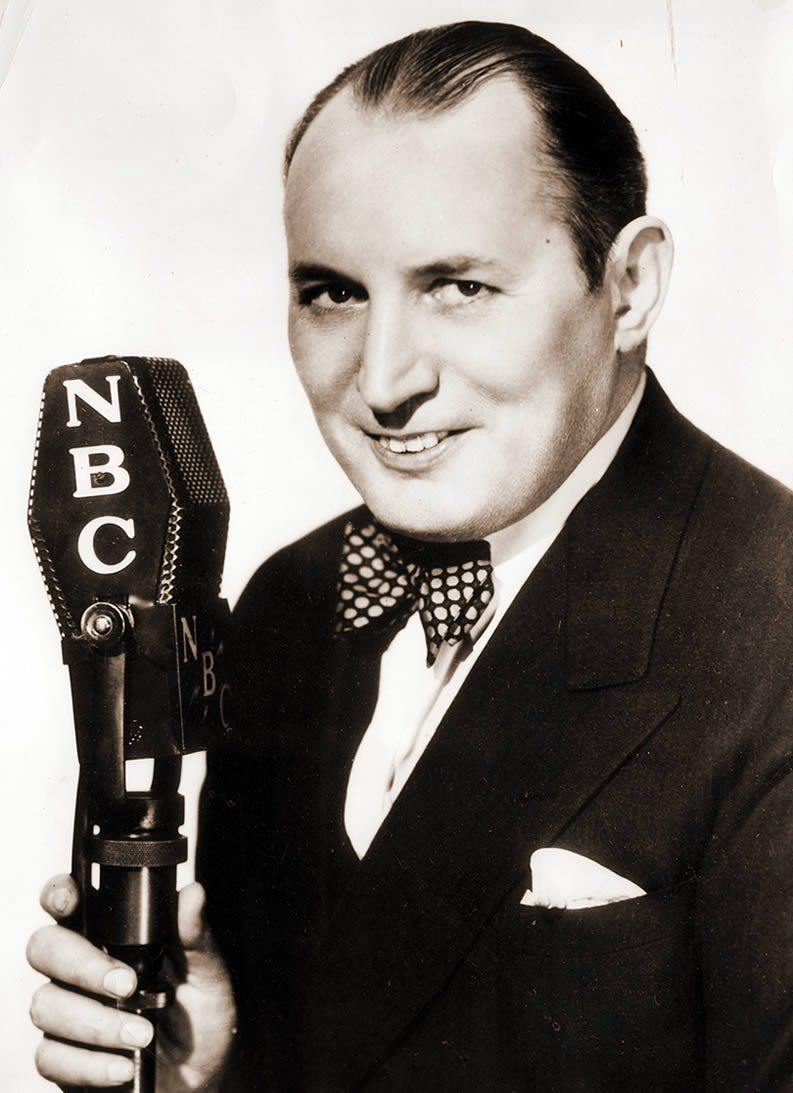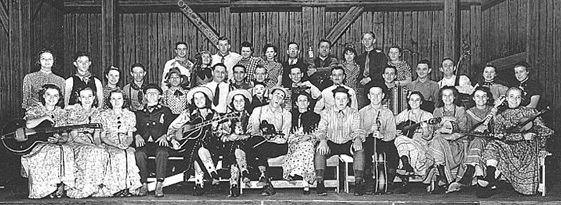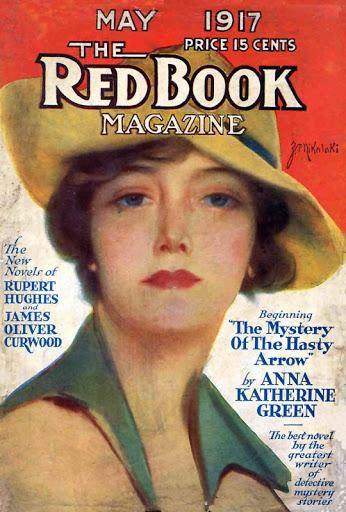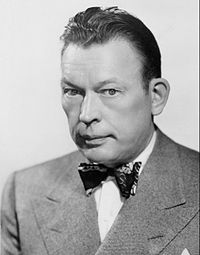
His best remembered gag was his long-running mock feud with friend and fellow comedian Jack Benny, but it was only part of his appeal; radio historian John Dunning (in On the Air: The Encyclopedia of Old-Time Radio) wrote that Allen was radio's most admired comedian and most frequently censored. A master ad libber, Allen often tangled with his network's executives (and often barbed them on the air over the battles), while developing routines whose style and substance influenced fellow comic talents, including Groucho Marx, Stan Freberg, Henry Morgan and Johnny Carson; his avowed fans also included President Franklin D. Roosevelt, and novelists William Faulkner, John Steinbeck and Herman Wouk (who began his career writing for Allen).
Fred Allen was honored with stars on the Hollywood Walk of Fame for contributions to television and radio.
Fred Allen's first taste of radio came while he and Portland Hoffa waited for a promised slot in a new Arthur Hammerstein musical. In the interim, they appeared on a Chicago station's program, WLS Showboat, into which, Allen recalled, "Portland and I were presented... to inject a little class into it." Their success in these appearances helped their theater reception; live audiences in the Midwest liked to see their radio favorites in person, even if Allen and Hoffa would be replaced by Bob Hope when the radio show moved to New York several months afterward.
The couple eventually got their Hammerstein show, Polly, which opened in Delaware and made the usual tour before hitting Broadway. Also in that cast was a young Englishman named Archie Leach, who received as many good notices for his romantic appeal as Allen got for his comic work. Hammerstein retooled the show before bringing it to New York, replacing everyone but two women and Allen. Leach decided to buy an old car and drive to Hollywood. "What Archie Leach didn't tell me," Allen remembered, "was that he was going to change his name to Cary Grant."
Polly never succeeded in spite of several retoolings, but Allen did go on to successful shows like The Little Show (1929–30) and Three's a Crowd (1930–31), which eventually led to his full-time entry to radio in 1932.
The 299 Episode DVD-R can be purchased from this page.

